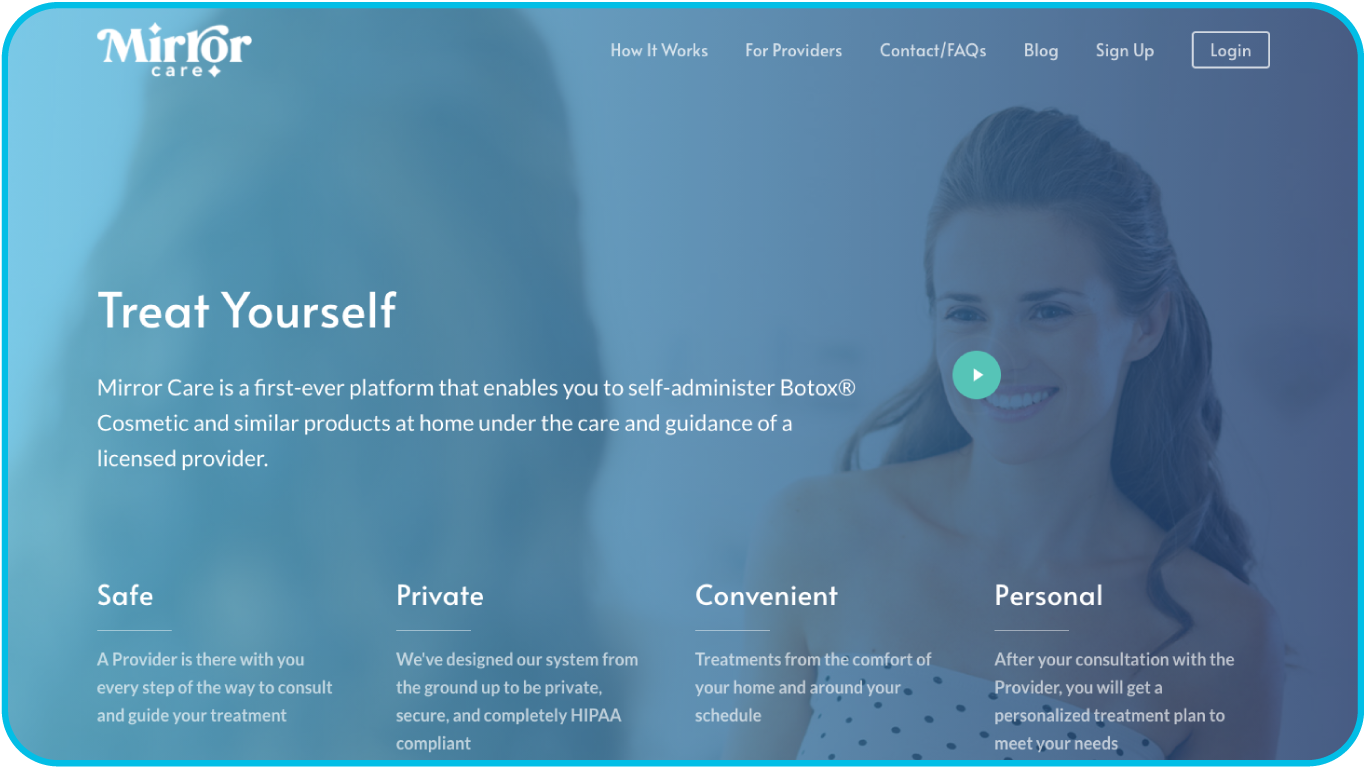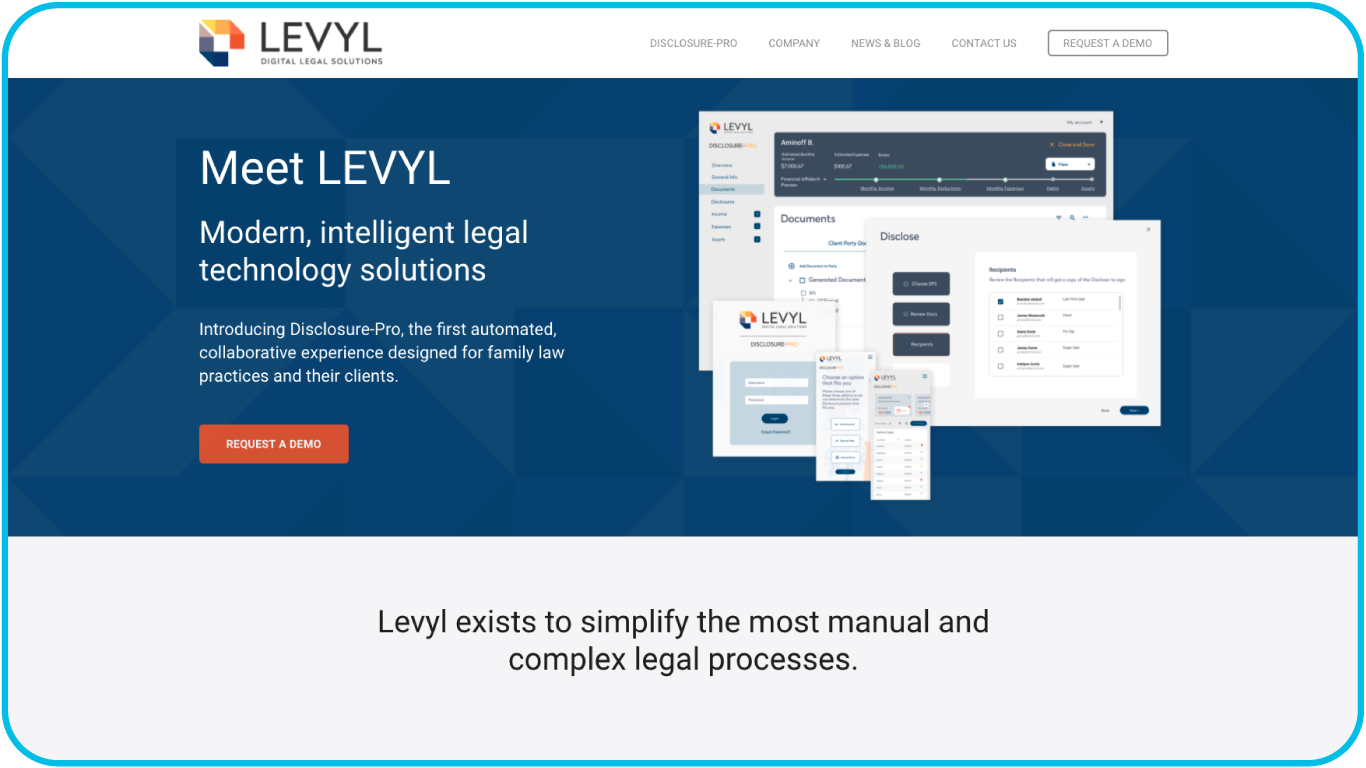Building and launching a new digital product requires a significant investment of money and time. While many founders focus their efforts on creating the best technology possible, it’s just as important to build a great marketing strategy that builds interest, creates awareness, and acquires users. The foundation of a great marketing strategy is a website that supports your app and all other marketing efforts.
Learn more about how much of your budget should be dedicated to go-to-market spends by downloading our guide to building an MVP app.
Create a dedicated product launch website
At first, your website doesn’t need to be extensive or complicated. A simple landing page can help communicate your idea to potential investors and users prior to launching your product. Starting small and scaling over time is a beneficial way to test ideas and build your brand as your business and technology start to take shape.
Before your product is even built, you could have 3 versions or more of your site as you’re building your brand and gaining promotional power:
- Landing page
Initially, create a simple landing page that succinctly communicates your app idea, as well as captures potential users email addresses. These emails will be instrumental in growing your audience and can be used for further marketing purposes. - Landing page with a blog
To begin growing your site, consider adding a blog next. A blog can help you tell the story of your business and technology. In addition, you can begin building SEO-driven content to improve your website’s ranking with Google and other search engines. - Pre-launch website
As part of your pre-launch website, you can start to include visuals and demos of your product. Showcasing how your product will be used and what it looks like will be a powerful driver to gain interest and more potential users.
Over time and after launching your product, continue growing your website with in-depth information about your product, its’ features, and app upgrades. Ultimately, your website and its’ content should be geared towards your users and their interests and needs.
App marketing website uses, tips, and examples
- Collect email addresses!
Your website should provide an opportunity for visitors to subscribe to an email list. Every subscriber provides an opportunity to provide additional communication and touchpoints about your app’s launch timeline, features, and benefits. Post-launch, you can keep subscribers updated about upcoming releases and content posted on your site.

The Mirror Care app marketing website, built by RocketBuild, showcases their digital product while providing multiple calls-to-action for visitors to create an account and start using their software. The Mirror Care application provides a unique telehealth experience for patients to virtually connect with healthcare providers.
- Build SEO
For your digital product to be successful, it should serve a specific purpose that benefits your audience. Search keywords that are relevant to your industry and audience, then, create content around those ideas to increase your website’s visibility in searches. - Provide communication channels for app support
Your website should provide a place for users to easily reach out with questions, issues, feedback, and suggestions. Visitors might have questions prior to downloading and using the app. Providing a simple email form, phone number, and even having a live chat function helps you to connect with your audience.

The Levyl app marketing website, built by RocketBuild, shows their companies mission and vision of creating the best legal tech solutions. Disclosure Pro is the company’s first product launch that helps automate complicated legal processes for law firms and their clients.
- Get creative with brand building
While your app should focus on the most user-friendly design, your website is an opportunity to flex your creativity and build a unique brand through visuals and copy. Beyond showcasing a unique brand, the site can provide more in-depth descriptions about your app’s features and functionality. - Showcase user reviews
Your website should be a vehicle for gathering users’ feedback. As such, you can highlight your best user reviews prominently on your site. Reviews are a great way to call out real user impact and might lead others to utilize your product.
Build your app marketing website well in advance of launching your product to start gathering interest and capturing emails of potential users. Start small and layer on additional content, details, and information along the way.









